After the visually impressive, surrealistic effort that was the excellent “The Seen and Unseen”, Kamila Andini decided to move on more mainstream paths, by directing a coming of age film, filled though, with social commentary about the current life in Indonesia, particularly for Islamic women.
“Yuni” is screening at Busan International Film Festival
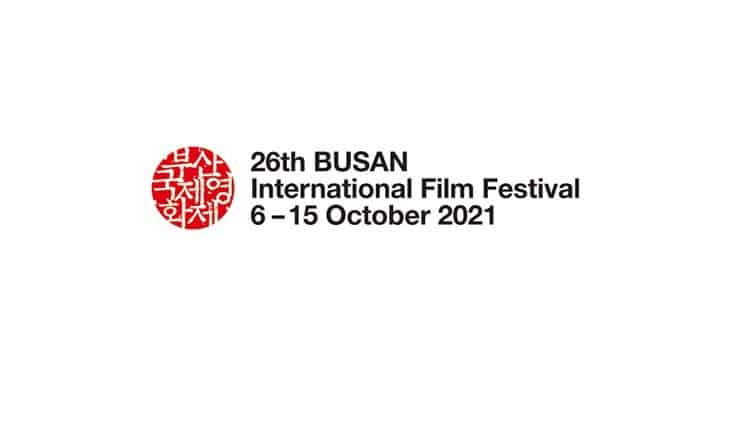
Yuni is a high school girl from an Islamic family in Indonesia, who is obsessed with the colour purple. Yuni wants to study in the university and is studying really hard to get a scholarship, since her parents are rather poor, and she is actually staying with her traditional-minded grandmother, as they are working abroad. At the same time, she longs to be relieved of her hijab, both literally and metaphorically, which is why she hangs out with a hair and makeup stylist, Suci, who frequently turns her into a “modern, hip girl”, and who also is divorced and enjoying her life exactly the way she wants it. Even excluding this “naughtiness” however, Yuni is not exactly perfect. She has a tendency to steal anything purple that comes her way, while, when she realizes that a younger student, Yoga, has a crush on her, she feels no remorse in exploiting his knack for poetry in order to write her a literary assignment she has trouble with. Nevertheless, she is well liked among her fellow classmates, with whom she frequently sits to talk about boys, sex, orgasm and self-pleasure even, while her beauty has also made her quite popular to men, with the marriage proposals coming one after the other. As her grandmother insists that marriage is happiness, Yuni has to fend off a cocky worker, a married man three times her age, and eventually a teacher in her school with a well-harbored secret she uncovers by chance. In the meanwhile, her relationship with Yoga becomes more complicated and pressure from all sides piles up on her.

Kamila Andini creates a very sensitive portrait of a girl experiencing adolescence and the passage to maturity, in a narrative, however, that unfolds in two axes, as Yuni also serves as a paradigm of the lives of women in an Indonesian society that is still patriarchal, at least regarding the Islamic part of the population, but also sees the sirens of of the Western culture affecting the lives of people. Yuni is placed right in the middle of these two worlds, essentially wishing to study and make a future for herself, and also to follow in the steps of Suci, who frequents nightclubs dancing and in general enjoying her freedom from men. At the same time, she sees the Islamic customs closing down on her, particularly through the marriage proposals (which occasionally even include money offered to her parents) that, essentially provide an easy way out, as the effort for a scholarship and to escape the bonds of tradition demand a rather intense fight from and her give no particularly guarantees for success.
That the protagonist is “in the middle” is excellently portrayed in two scenes, the one where the girls wearing hijabs are lying on the grass talking about issues that are taboo, like masturbation and extramarital sex, and the one where a made-up-by-Suci Yuni takes poses to be photographed for Instagram, in a place though, that no one can see her. Andini's comment also extend to a number of other instances of Indonesian society, although in a more subtle fashion, as in the case where the Islamic union in the school is in charge of school activities and decides to forbid dancing and singing, and the whole concept with the professor, who finds himself in a situation similar, but essentially worse than Yuni's.
Apart from the metaphor, however, the issues girls in the protagonist's age are facing also come to the fore, with sex in particular being a central one. The concept with the obsession with the colour purple, however, is somewhat forgotten during the progression of the story, although it comes to the fore again close to the end, where the tension even leads to violence.
Lastly, that Yuni's assignment is to analyze “Rain in June” an iconic poem by Sapardi Djoko Damono, whose passage are frequently appearing throughout the movie, induces the narrative with a personal touch, since Andini has cited the work as the film's inspiration, which she has dedicated to the late poet.
Arawinda Kirana gives a magnificent performance as Yuni, highlighting her inner struggle and the search for an identity and a series of answers no one is able to help her discover in the best fashion, with her presence and her beauty anchoring the movie in the best way. Kevin Ardillova as Yoga is also very convincing in the way he cannot help showing his feelings and his lack of self-confidence, which only moves away when he is talking about literature. The antithetical chemistry between the two is among the best assets of the movie. Asmara Abigail as Suci gives a very much needed note of constant cheerfulness, in a role that occasionally steals the show.
Gay Hian Teoh's cinematography captures the oppositional world of Yuni with a focus on realism that works very well for the narrative, while the focus on the colour purple, the night scenes in Yuni's room, and particularly the finale (which would be great if “Purple Rain” was also heard during), will definitely stay on mind for their visual prowess. Lee Chatametikool's editing induces the narrative with a very fitting, relatively fast pace, while the whole approach to the story is rather economical, with the 95 minutes serving well for Andini to present all her comments and the story, without overextending the welcome of the title in any way.
“Yuni” is an excellent film that manages to be both entertaining and filled with social commentary, while also highlighting Andini's diversity.


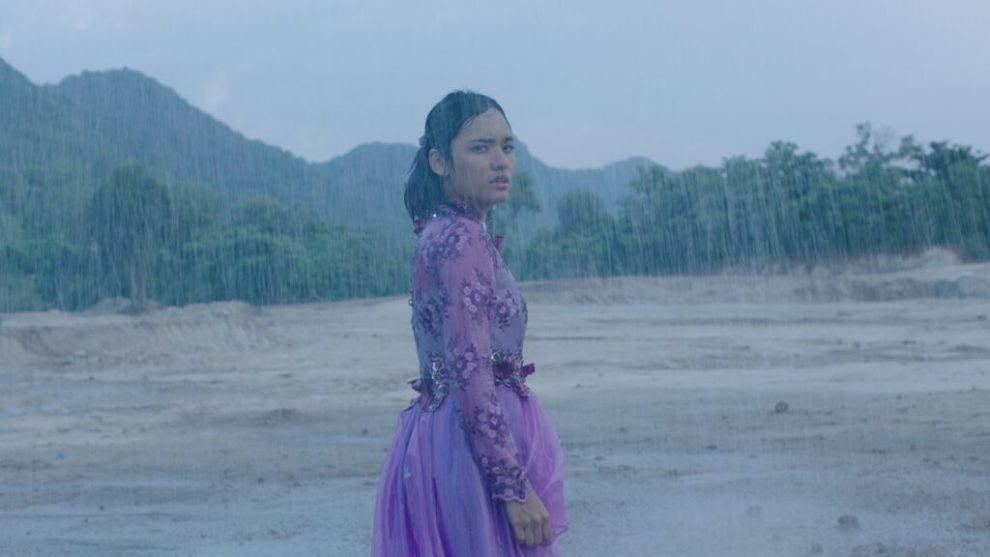
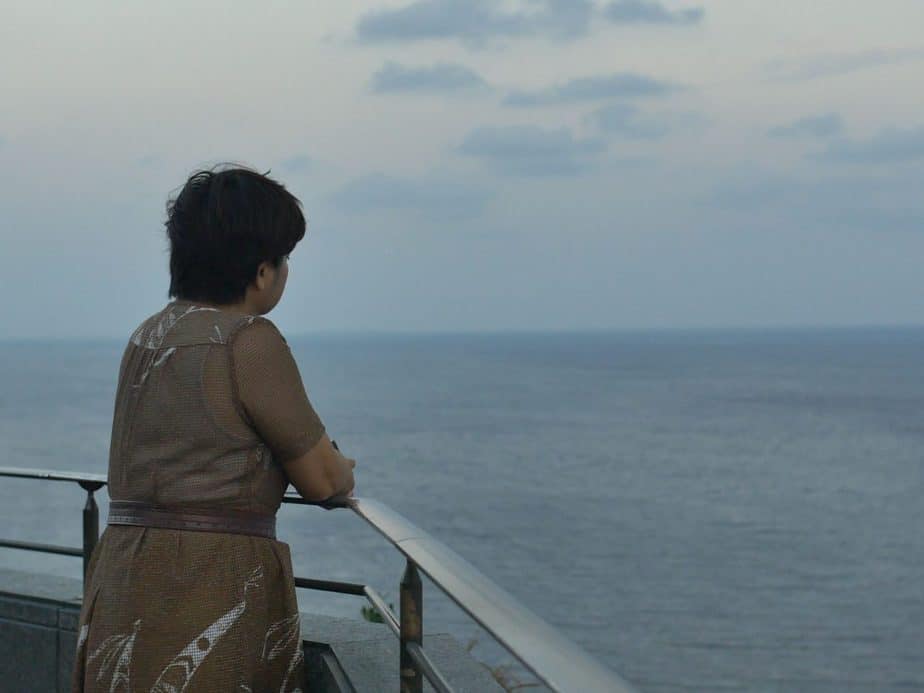
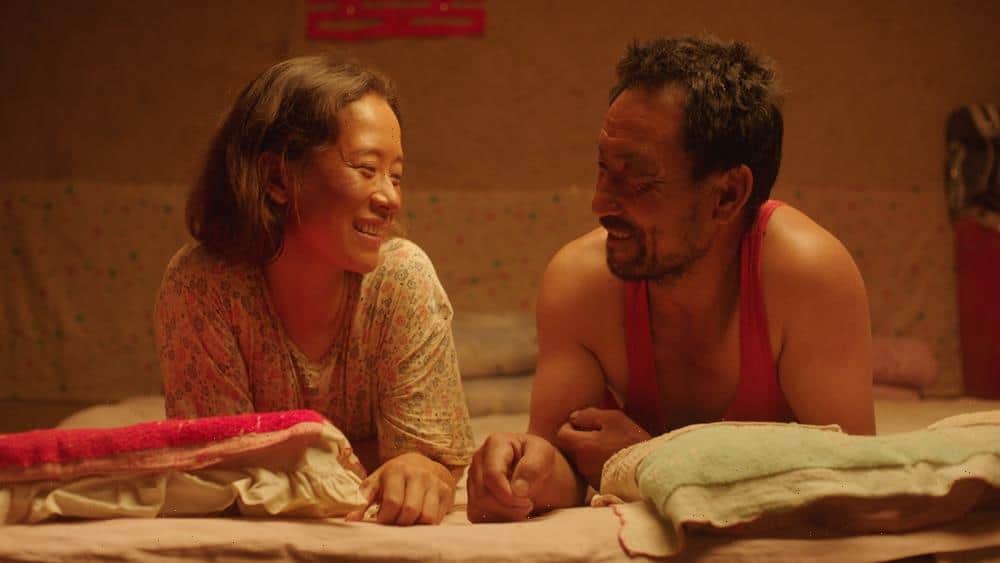
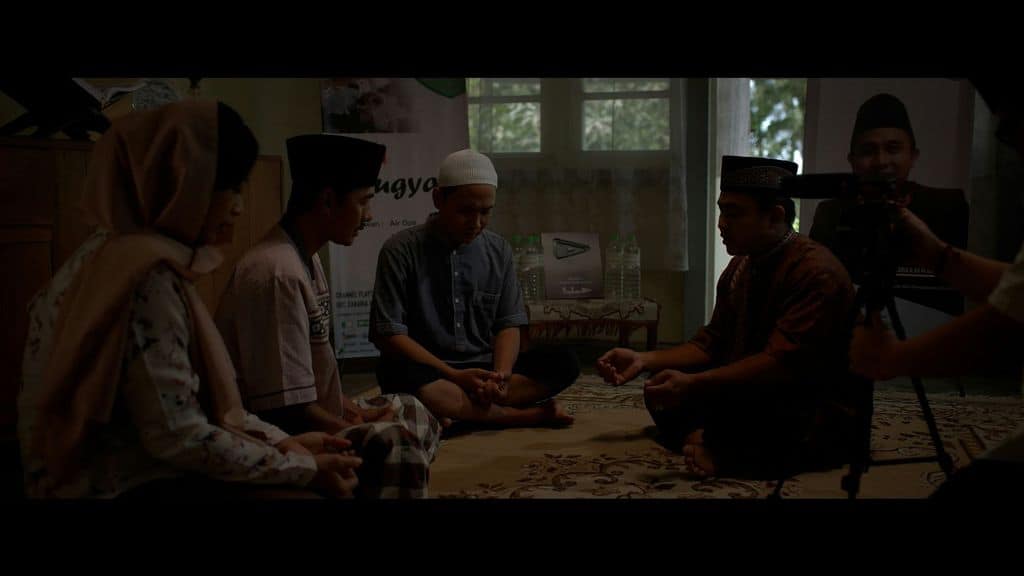

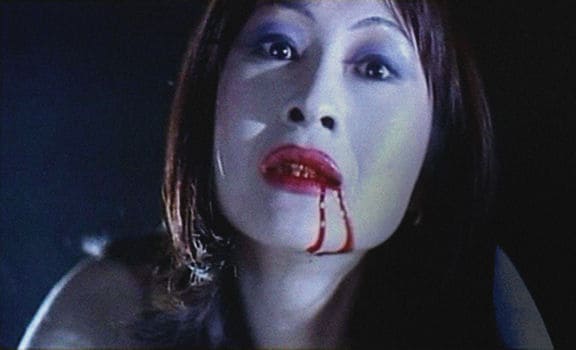
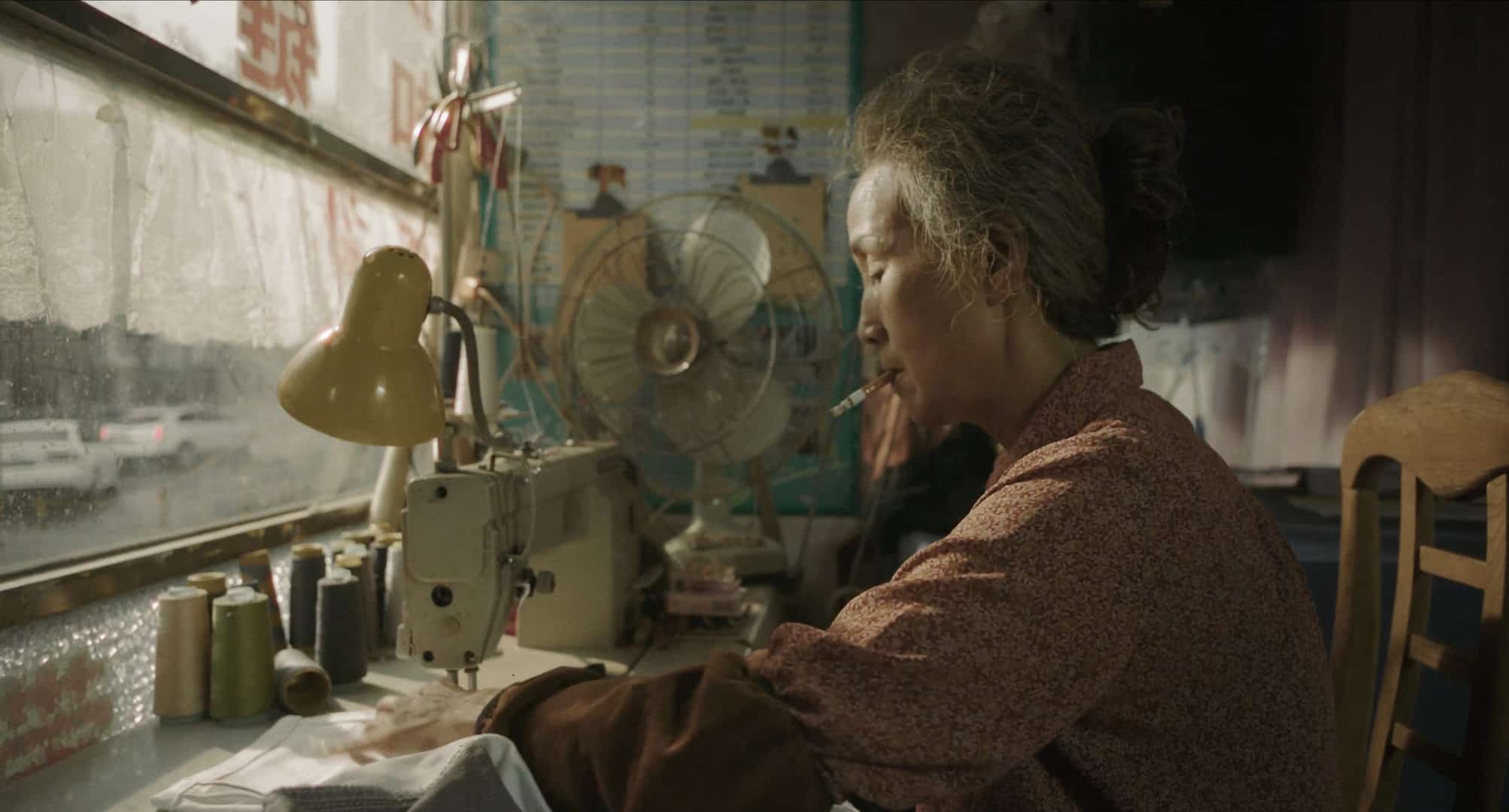







the ending was ambiguous…. did she or didn’t she? beautiful movie… was the ending deliberately ambiguous? I thought it was clear that she had, friends were adamant she hadn’t…
Sorry, not clear. My comment referred to the beautiful Indonesian film Yuni, and nowhere can I find a discussion of the ending.